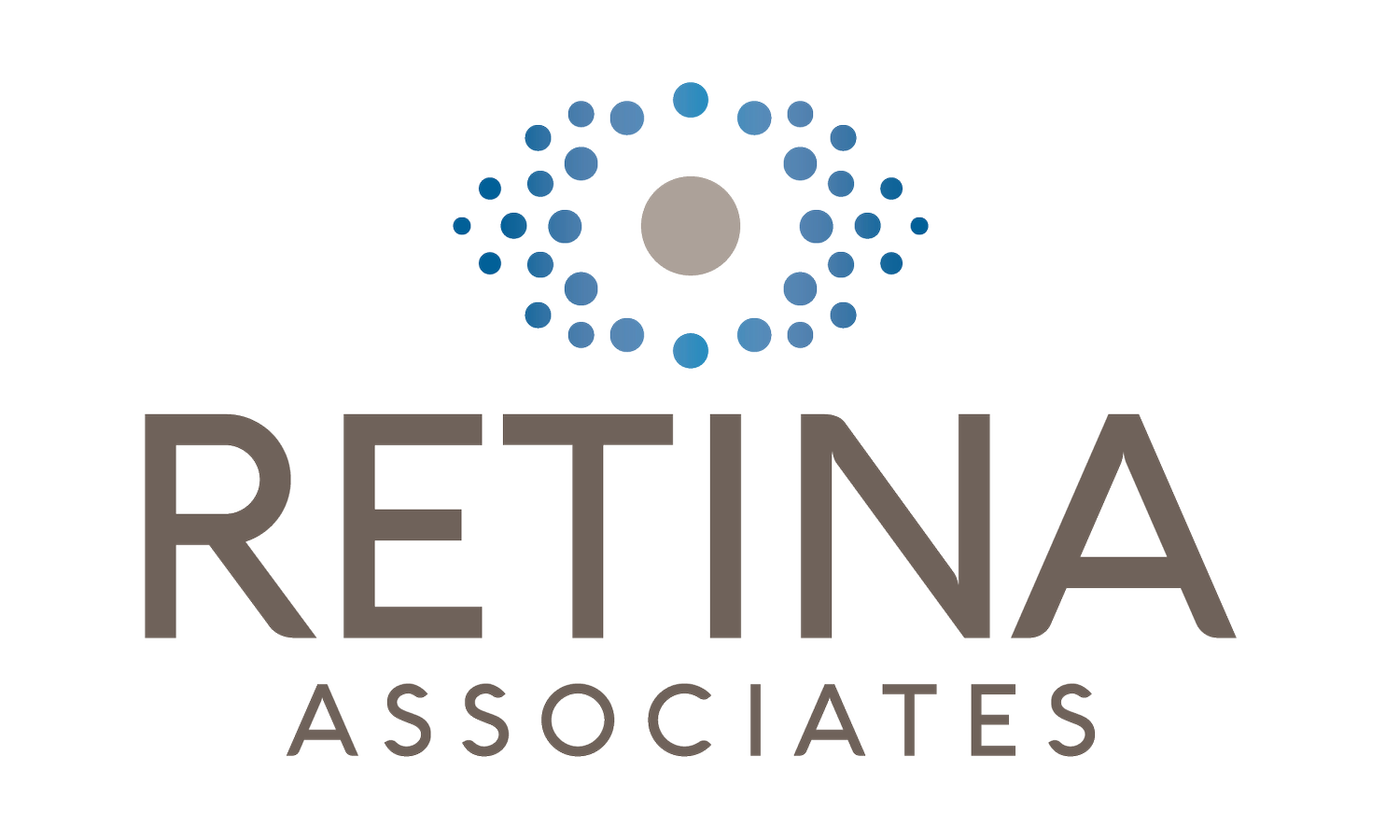Understanding Cataracts: Symptoms, Treatment, and Prevention
Cataracts are one of the most common causes of vision problems, especially as we age. In fact, cataracts affect millions of people worldwide, but the good news is that treatment options are highly effective, with cataract surgery offering the possibility of restored vision. In this blog, we’ll dive into what cataracts are, how to recognize the symptoms, and what you can do to manage or prevent them.
What Are Cataracts?
A cataract occurs when the natural lens of the eye becomes cloudy, leading to a gradual decline in vision. This condition usually develops slowly over time and can affect one or both eyes. Cataracts are most often associated with aging but can also be caused by other factors such as injury, genetics, or prolonged use of certain medications.
Common Symptoms of Cataracts
The symptoms of cataracts can vary depending on the severity of the cloudiness in the lens. Here are some common signs to watch out for:
Blurry or Cloudy Vision: One of the earliest symptoms is blurred or hazy vision, which can make it difficult to see clearly, especially in low-light conditions.
Glare and Halos Around Lights: Cataracts can cause light to scatter as it enters the eye, leading to glare, halos, and difficulty seeing at night, especially when driving.
Faded or Yellowed Colors: Colors may appear less vibrant or appear yellowed or dimmed as cataracts develop.
Double Vision: In some cases, people with cataracts may experience double vision in one eye.
If you’re noticing any of these symptoms, it’s important to schedule an eye exam to determine if cataracts might be the cause.
How Cataract Surgery Can Restore Vision
Cataract surgery is one of the safest and most common procedures performed worldwide. During the surgery, the cloudy lens is removed and replaced with a clear, artificial lens, known as an intraocular lens (IOL). This process restores clear vision and can greatly improve the quality of life for those affected by cataracts.
What to Expect:
Before Surgery: An eye doctor will assess the severity of your cataracts and discuss the best IOL options for your needs.
During Surgery: Cataract surgery is typically done on an outpatient basis, under local anesthesia. The procedure usually takes about 15-30 minutes and involves a small incision to remove the cloudy lens.
After Surgery: Recovery is generally quick. Most patients experience improved vision within a few days, though full recovery can take several weeks.
Prevention and Slowing the Progression of Cataracts
While cataracts are largely age-related and cannot be entirely prevented, there are steps you can take to slow their progression and reduce your risk of developing them early.
Tips for Prevention:
Protect Your Eyes from UV Light: Wearing sunglasses with UV protection can help shield your eyes from harmful rays that contribute to cataract formation.
Maintain a Healthy Diet: A diet rich in antioxidants, vitamins C and E, and omega-3 fatty acids can support eye health. Foods like leafy greens, berries, and fish are great options.
Quit Smoking: Smoking is a known risk factor for cataracts. Quitting smoking can help reduce your risk and improve overall health.
Manage Health Conditions: Conditions like diabetes can increase your risk of cataracts, so managing blood sugar levels and other chronic conditions can help protect your eyes.
Regular Eye Exams: Routine eye exams are essential for early detection. An ophthalmologist can monitor the health of your eyes and catch cataracts before they become severe.
If you’re noticing symptoms of cataracts or have concerns about your vision, it’s important to schedule a comprehensive eye exam. Early detection and timely treatment can help preserve your vision and ensure a better quality of life.
Contact Us
If you think you may have cataracts or are due for an eye exam, don’t wait! Our team is here to provide expert care and discuss treatment options tailored to your specific needs.
Call us today at 540-722-3500 to schedule your appointment! You can also stay connected with us on social media for more insights and tips on maintaining your eye health. Find us on Facebook, Instagram, and LinkedIn.
Let’s work together to protect and restore your vision!
Disclaimer: This post is for informational purposes only and is not a substitute for professional medical advice. Always consult with a physician or qualified healthcare provider regarding your specific health needs. If you are experiencing a medical emergency, please call 911 or visit the nearest emergency room immediately.
